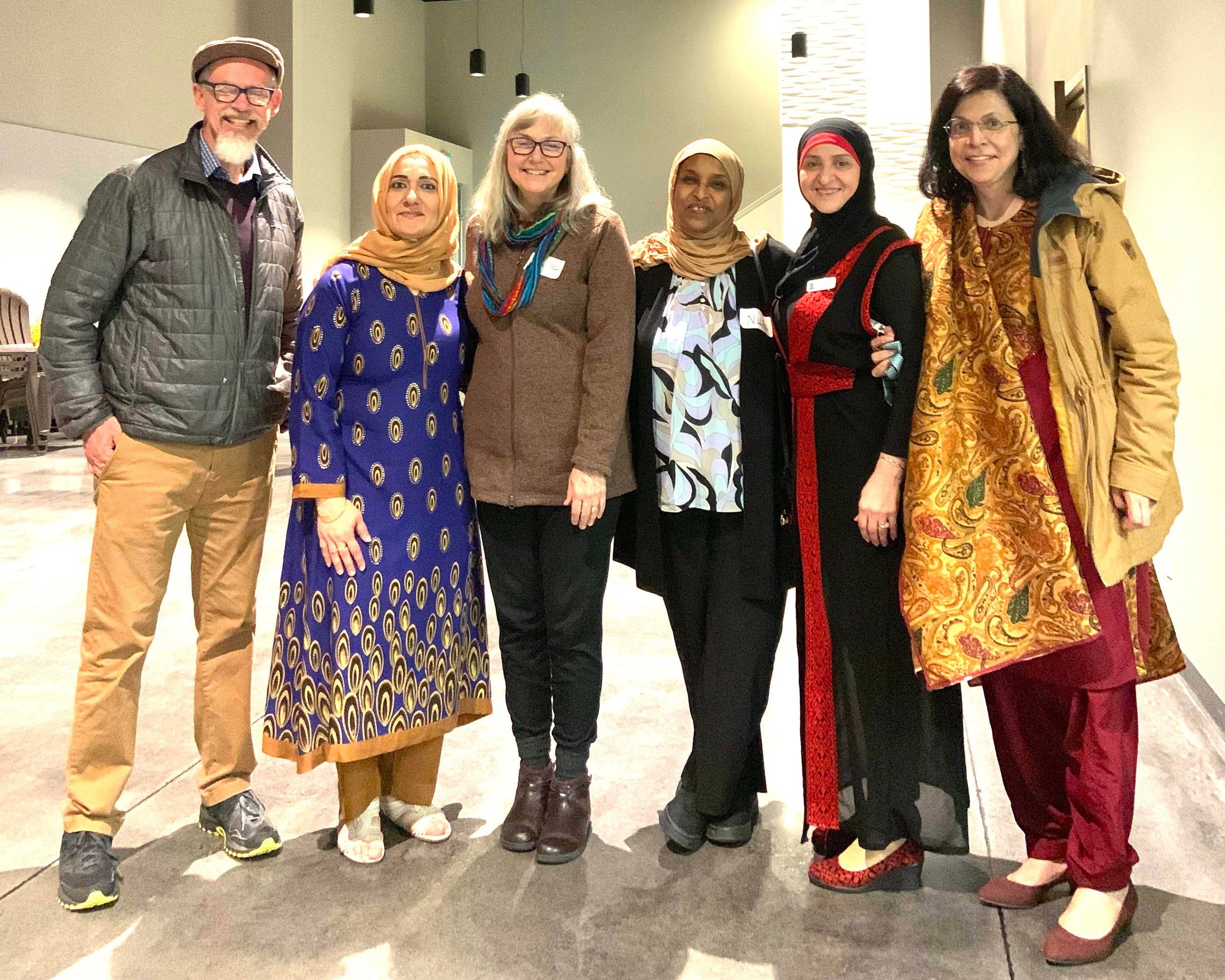Peacemaking without Borders Part Two: The Six Spheres of Peacemaking
by Rick Love
A major highlight of 2012 for me was the privilege of convening Evangelicals for Peace: A Summit on Christian Moral Responsibility in the 21st Century (September 14, 2012 at Georgetown University in Washington D.C.). One of the stated goals of the summit was “to birth and build a network of evangelical scholars and activists committed to the pursuit of a biblical, comprehensive and proactive peace.”
What would happen if evangelicals were as proactive in their approach to peace as Jesus commanded? What would it look like if evangelicals lived out a peace ethic consistently – in all areas of their lives? What would happen if the evangelical view of peace was as comprehensive as the Bible’s?
In my previous blog I described the Spectrum of Peacemaking, a consistent and comprehensive peace ethic for the individual believer. By contrast, the Six Spheres of Peacemaking relate to the church universal. It is something that God’s people from around the globe are involved in.
The Six Spheres include personal, interpersonal, social, urban, national and international peace. Each of these six spheres of peacemaking is biblical, each builds on and encompasses the previous sphere, and each is more complex than the former. The following typology describes my understanding of the scope of peacemaking for evangelicals.
Personal Peace (between God, self and others, resulting in peace within oneself)
We experience peace with God when we enter into relationship with Him through Christ. The gospel is explicitly described as "the gospel of peace" five times in the New Testament. Thus, sharing the gospel of peace is one way we help people experience personal peace. Personal peace also comes through the practice of spiritual disciplines, especially as we pray, walk by faith, and live in peace with others.
Interpersonal Peace (between individuals)
We experience interpersonal peace as we proactively pursue peace with others by taking responsibility for our wrongdoings, accepting reproof, asking for forgiveness, reproving those who have wronged us, and forgiving them.
Social Peace (between groups)
Group conflict often arises out of cultural, racial, or religious differences, which then leads to prejudice, fear, hatred, ignorance and misunderstanding. Some of the most prominent group conflicts include gender conflict, class conflict, religious conflict, racial conflict, and conflicts over sexual orientation. The commands to pursue peace and love one’s enemy provide the foundation for social peacemaking.
Urban Peace (in cities)
Urbanization is one of the defining traits of the modern world. Over half the world now lives in cities. Jeremiah describes a relevant paradigm for urban ministry: “Seek the welfare (shalom) of the city where I have sent you into exile, and pray to the LORD on its behalf; for in its welfare (shalom) you will have welfare (shalom)” (Jeremiah 29:7 NASB).
Urban peace – seeking the shalom of the city – is broader and more complex than interpersonal or social peace. It includes peace with God, social harmony, health, economic prosperity, and human flourishing. God called these Jewish exiles to seek the common good of the cities where they lived. In New Testament terms, God was calling them to be salt and light, to glorify God through their loving deeds of service to those outside of the faith (Matthew 5:13-16). Urban peace involves working with the government and all types of organizations for the common good of the city. It reflects a comprehensive and multi-dimensional peacemaking approach to the city.
National Peace (within a nation)
Most of today’s wars are civil wars, not international wars. Countries like Sudan, Somalia, Nigeria, and the Philippines immediately come to mind. These national conflicts usually have a variety of triggers. Weak, corrupt, or oppressive government; ethnic diversity; religious diversity; human rights violations; and poverty are the most common. Even though many of these clashes begin as national conflicts, they often escalate and spill over into surrounding nations – endangering their security and resulting in complex humanitarian emergencies. So a national peace problem often becomes an international peace problem.
But even in nations where no literal wars are going on, significant conflict takes place and peacemaking becomes necessary.
Making peace at the national level encompasses urban peacemaking practices along with robust political engagement. The church needs to find formal and informal ways to influence the state.
International Peace (between or involving multiple nations)
Peacemaking at this level usually involves complex interaction between international, regional, and local actors to mitigate, manage, or resolve conflict. This is often referred to as "multi-track diplomacy." Track one focuses on top leaders, usually government-to-government interaction. The UN and other international and regional organizations are also involved at this level. Track two focuses on middle-level leaders or non-state actors (International NGOs, churches, schools and private businesses). Track three refers to grassroots leaders (indigenous peacemakers and local actors). Formal mediation tends to be the most common method of peacemaking, especially at a track one level. The Common Word dialogue at Yale University would be an example of track two international peacemaking.
Few individuals are called to embrace or practice peace in such a comprehensive manner. Thus, as mentioned previously, it is more accurate to say that the six spheres of peacemaking describe the role of the whole church – the church universal. God’s people from around the globe engage in all six of these spheres depending on their calling. Nevertheless, God calls individuals to grow in their practice of peace – which means that He will often lead us into other spheres.
Jesus’s teaching on peace may begin in our hearts and our homes. But it pushes us beyond our comfort zones and outside the walls of our churches to our neighbors and even our enemies. It overflows to our cities, states, and nation. It encompasses global conflict and foreign policy. Peacemaking without borders!











